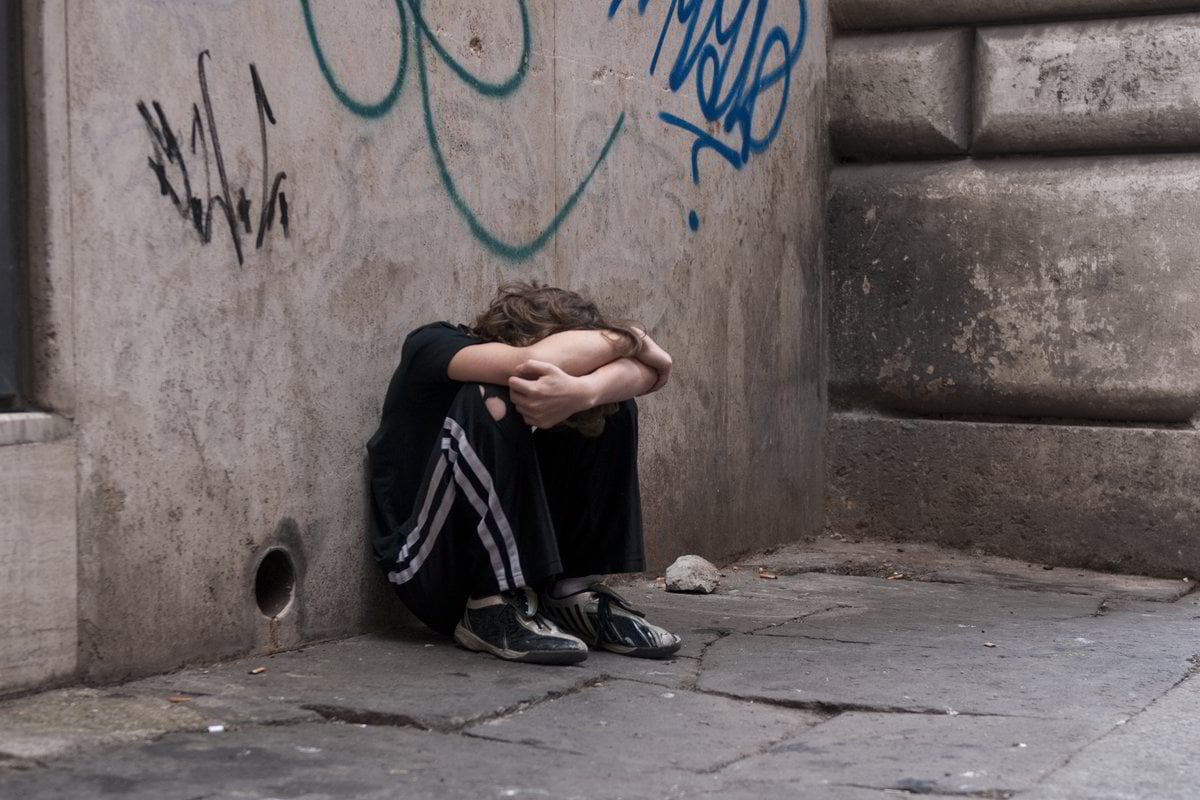
Chris Cunneen, University of Technology Sydney
In Australia, children as young as 10 can be held criminally responsible for their actions.
This means they can be arrested by police, remanded in custody, convicted by the courts and imprisoned.
Next week, Australia’s state and federal attorneys-general will meet to discuss raising the age of criminal responsibility.
They cannot pass up this critical opportunity to change the way we treat vulnerable and marginalised children.
Listen to The Quicky, Mamamia's daily news podcast. Post continues below.
How Australia compares
In Australia, the age of criminal responsibility is just 10 years old.
This is seriously out of step with international standards. In 2019, the United Nations Committee on the Rights of the Child recommended 14 years as the minimum age of criminal responsibility.
While the United Kingdom also has a minimum age of 10, most European nations have a minimum age of 14 years or higher.
Hundreds of children are locked up
There is no available, recent national data on the number of young people who appear before children’s courts, broken down in the 10 to 13 age group. But several thousand children under 14 are estimated to appear on criminal matters each year, based on individual court’s annual reports and earlier figures.
According to the Australian Institute of Health and Welfare, in 2018-19, 773 children under 14 were placed on court orders requiring supervision in the community by youth justice officers.
